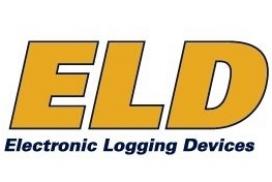Harassment Protection
The ELD Rule defines harassment very specifically:
Action by a motor carrier toward a driver (whether an employee or a contractor) that the carrier knew or should have known would result in an HOS violation in 49 CFR 395 or 49 CFR 392.3.
Harassment only applies if the carrier’s action involved information from an ELD, or other technology used in combination with an ELD.
Preventing Harassment
The ELD Rule provides several provisions to help prevent harassment:
- It prohibits carriers from harassing drivers.
- It provides a process for drivers to file written complaints.
- It mandates an ELD mute function to ensure a driver is not interrupted in the sleeper berth.
- It includes anti-tampering provisions:
- Limited editing ability for ELD records by either a driver or motor carrier.
- Required driver certification when a carrier edits an ELD record.
- Preservation of original ELD records, even when edited.
Harassment Penalties
Any carrier who is found to have harassed a driver will be subject to a civil penalty for harassment in addition a penalty for the HOS violation.
Reporting Harassment
A driver who believes he/she has been harassed should file a written complaint within 90 days using the National Consumer Complaint Database at http://nccdb.fmcsa.dot.gov or with the FMCSA Division Administrator for the State (http://www.fmcsa.dot.gov/mission/field-offices) where the driver is employed.
Other Driver Protections
Coercion
FMCSA also prohibits coercion of drivers. Coercion is much broader than harassment. It can involve motor carriers, shippers, receivers, and transportation intermediaries (brokers and others). Coercion is a threat to take adverse employment action against drivers, or to withhold business, employment, or work opportunities from drivers, to get them to violate FMCSA regulations. Carrying out such threats to punish drivers who refuse to violate the regulations also constitutes coercion. The ELD Rule specifically prohibits a motor carrier from coercing a driver to falsely certify his/her data entries or record of duty status.
Whistleblower Protection
Drivers may also want to consider the Department of Labor’s whistleblower law – visit http://www.whistleblowers.gov.



